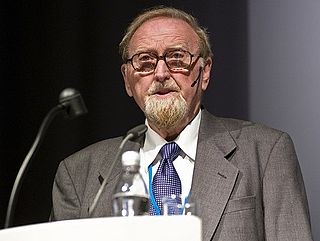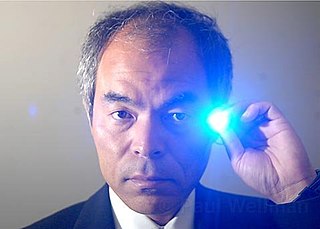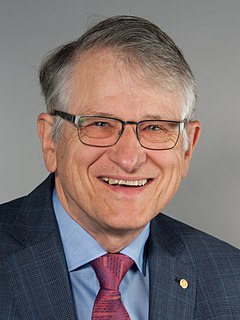A Quote by Jerry Pournelle
It's not only possible, but likely that the Nobel Prize in economics will go in alternate years to people who disagree on nearly everything fundamental.
Related Quotes
National Review once opined, many years ago, that, every year, the Nobel peace prize should go to the U.S. secretary of defense: The American military is the number-one guarantor of peace in the world. But maybe something like a Nobel freedom prize would be a more appropriate award for Reagan than a peace prize.
I think the Nobel Prize helps for a number of reasons. Number one, if I can be frank, there is these people will feel by getting a Nobel Prize that I'm one of them, that it is possible to contribute on the world map of science and technology. And the other thing also which I'm hoping for is that the government in Egypt is willing and interested in promoting science and technology and this is an ideal time now to be able to do something.
If you look at the recent Nobel Prize winners, one couldn't say that the work didn't matter and the political commitment did. Who had ever heard of the Egyptian writer Naguib Mahfouz? He is not politically involved. Octavio Paz is a great poet, also not politically involved. The Nobel Prize is for literature, for the quality of work over the years.
































